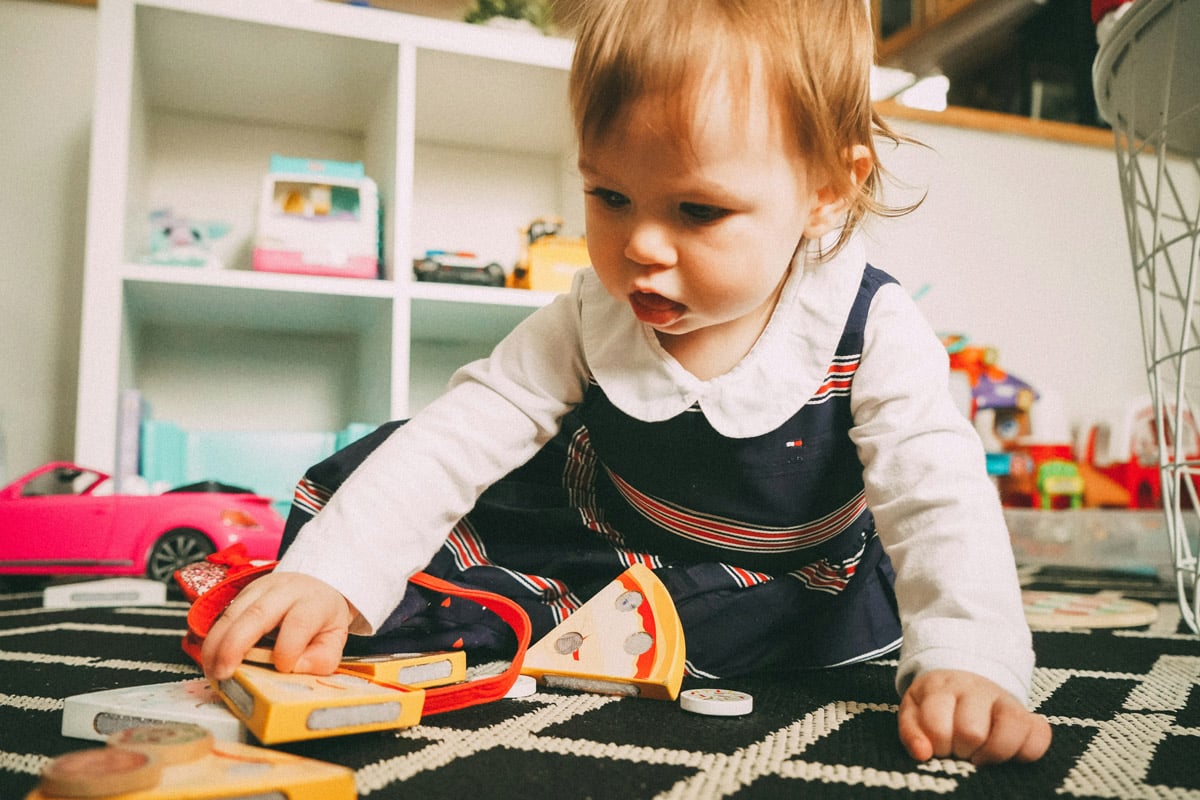Beginning a conversation
When talking to young people about mental health, there are a number of ways you can start the conversation. You do not necessarily have to begin a conversation about mental health because you have noticed a change in behaviour or because you are worried. Asking regularly and doing check-ins is a brilliant way to put across to them that you are a safe space for them to talk freely about how they feel and that you are someone to confide in.
A simple ‘How are you?’ or ‘I have noticed that you are a bit down/angry/upset today’ is a brilliant start. Remember, they might not talk to you the first time you open up a conversation, or even the first few times. It can take a while to get a response, but reminding them that you are there if they need you is a great way to begin.
How to respond when a young person opens up to you
LISTEN: Listen carefully when a young person opens up to you and try not to interrupt them whilst they are talking. If they are finding it overwhelming, you can ask them to write it down or even text it to you.
ACT: If a young person feels they need further help, reassure them and take action to get them the help they need. Accessing help can be very daunting, so providing support to do this can really help to make it more comfortable for them.
REASSURE: Often when opening up to someone, it can bring a sense of worry that they are not going to be taken seriously. Let them know you are supporting them and reassure them that they have done the right thing by reaching out.
VALIDATE: Validate a young person’s feelings and let them know that their experiences and struggles matter, however big or small it may seem.
ACCOMPANY THEM: One of the most valuable things you can do is offer to be by their side whilst they are struggling. The fact that they have reached out to you to start with is a privilege.
Noticing signs of distress
Self harming or reckless behaviour
Withdrawing themselves from others- at school or at home
Decline in attendance at school/college
Changes in eating or sleeping habits
Displaying signs of aggression
Significant changes in mood and personality



